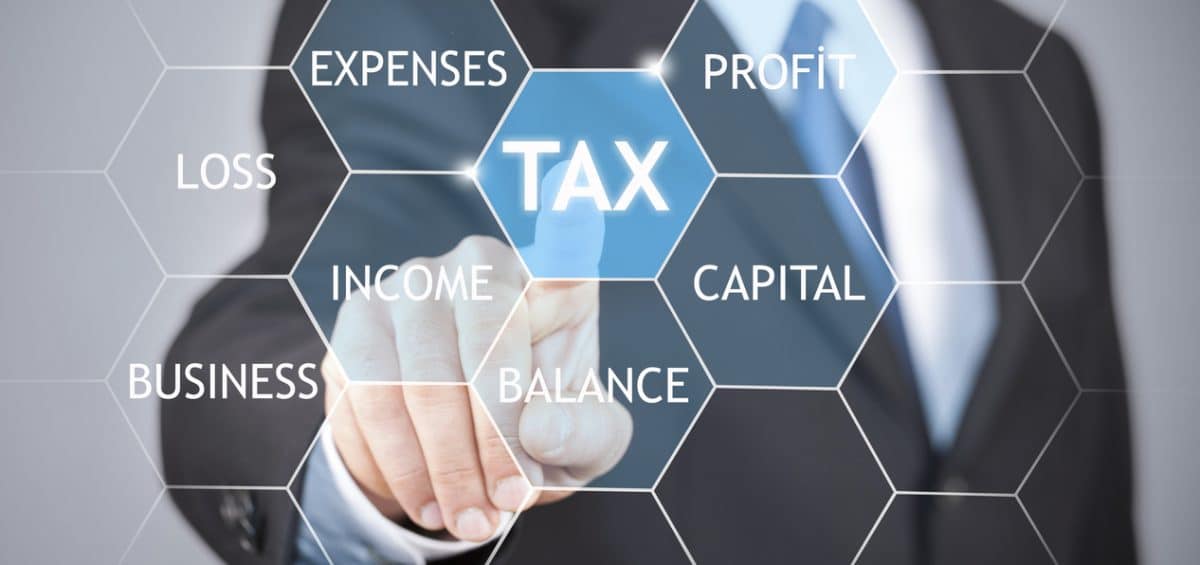Capital gains tax (CGT) in Australia applies when you sell certain assets. Understanding the consequence of CGT before you make significant investment decisions can save you a hefty tax bill.
Optima Partners offer a suite of taxation services to help you understand your tax obligations around capital gains tax.
What is capital gains tax?
CGT regulations are governed by the Income Tax Assessment Act 1997 and Income Tax Assessment Act 1936.
How is capital gains tax calculated?
When you sell an asset for more than you bought it for, the difference between the selling price and the purchase price is called a capital gain. For example, if you bought a house for $200,000 and sold it for $300,000, your capital gain would be $100,000.
Capital gains tax is not assessed separately from income tax. Net profits from any capital assets sold within the financial year are included in your taxable income, increasing the total tax payable.
What are capital losses?
If a capital asset is sold for less than the initial purchase price, a capital loss is incurred. Capital losses can be used to offset capital gains by subtracting the loss from the gross capital gain.
If capital losses exceed total capital gain in a financial year, the loss can be carried forward to offset capital gains in later years. The loss cannot be offset against your other taxable income but there is no time limit on how long you can carry forward a net capital loss.
What assets are subject to capital gains tax?
- Real estate and property
- Shares, units and similar investments
- ETFs
- Cryptocurrency
- Personal use assets (costing over $10,000)
- Collectables (costing over $500)
- Foreign currency
- Intangible assets such as leases, licenses and contractual rights
CGT exemptions
- Any assets acquired prior to 20 September 1985 are exempt from CGT
- Your main residence is exempt from CGT, but this can vary depending on size, business and rental use of the property
- Cars and motorcycles are exempt from CGT
Determining your CGT obligations can be complicated and is best left to tax professionals.
At Optima Partners, we can help you with your business tax obligations and maximise the return on your investments. Contact us today to find the best solution for your business.






